MUHC in the Media - September 29, 2025

An innovative initiative will free up nurses' time and improve patient care
The McGill University Health Centre (MUHC) has launched the ENACT (Empowering Nurses with AI for Care Transformation) project, an innovative initiative in collaboration with Airudi aimed at transforming nursing care by integrating artificial intelligence (AI) solutions. Dr. Lucie Opatrny, president and Executive Director of the MUHC, Alain Biron, Director of Nursing, and Jasmine Lee Hill, Nursing Practice Consultant in professional practice, education, workforce organization and research, were present at ALL IN, Canada's largest AI event, for the announcement. ENACT will be designed to simplify administrative processes, optimize workforce planning and give nurses back time to focus on what matters most: direct patient care. CTV News and City News
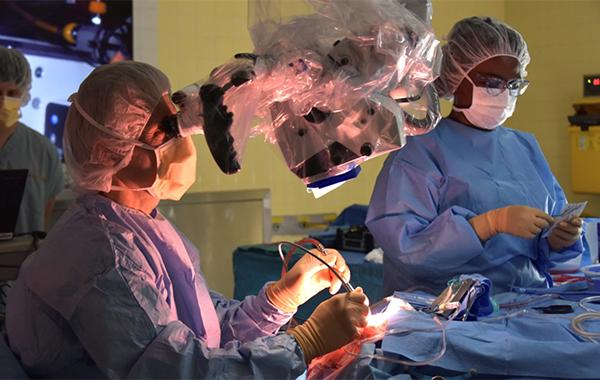
Revolution in neurosurgery: demonstration of an AI-powered tool during live surgery at The Neuro
Quebec Health Minister Christian Dubé was at the MUHC's Neuro to witness a world first in neurosurgery. Accompanied by Dr. Lucie Opatrny, president and Executive Director of the MUHC, he observed an operation performed with SENTRY™, an AI-powered tool co-developed by Dr. Kevin Petrecca, an oncologist and neurosurgeon at The Neuro, capable of detecting cancer cells while preserving healthy tissue. Info De Laval
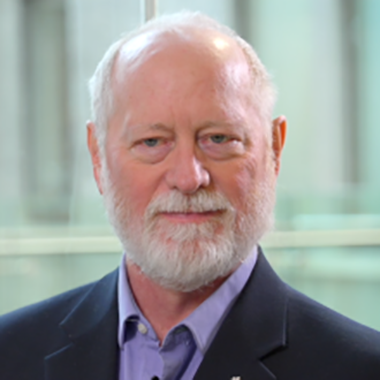
Preserving the Neuro's mission
The Neuro is Canada's largest clinical and research centre in neuroscience and North America's largest neuroscience training centre. However, its unique expertise is threatened by the obsolescence of its facilities. Dr. Guy Rouleau, Director of the Neuro, is calling for its relocation to the MUHC's Glen site. La Presse
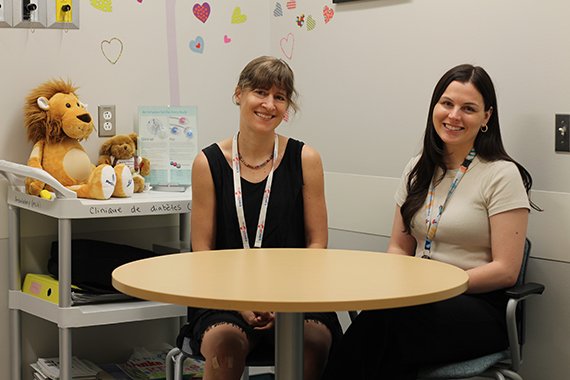
Type 1 diabetes: support to overcome challenges
Jérémy's short life was turned upside down by type 1 diabetes when he was 13 months old. After overcoming a coma, an amputation and a long hospital stay, he is fortunately doing well today. A specialized support program at the Montreal Children's Hospital (MCH) made all the difference for the child and his family during the difficult journey that this disease can represent, explain Dr. Julia von Oettingen, a pediatric endocrinologist and Director of the Diabetes Clinic at the MCH, and nurse practitioner Sarah Tremblay-Rouleau. Le Journal de Montréal
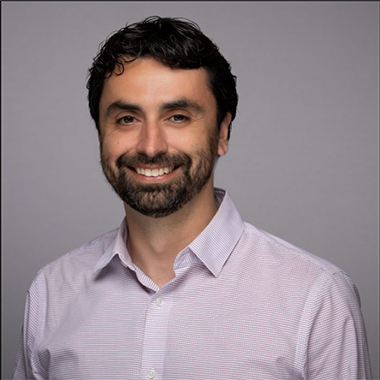
New study points to the importance of seasonal flu vaccines
Influenza has caused a number of deaths in children across Canada in the last two decades and approximately a quarter of them were in patients who had no known medical condition, highlighting the importance of vaccination, reveals a new study co-led by Dr. Jesse Papenburg, a pediatric infectious disease specialist and medical microbiologist at the Montreal Children’s Hospital. The Canadian Press, Le Devoir
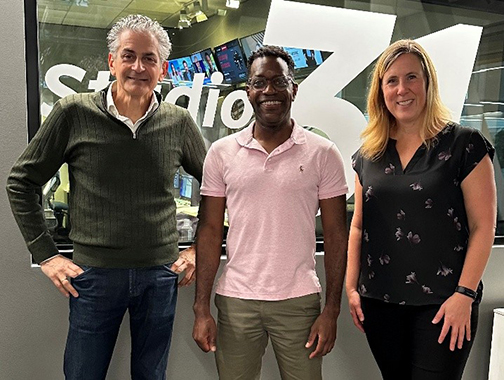
An Innovative support group for ICU survivors at the MUHC
After a prolonged stay in the intensive care unit, physical rehabilitation is often necessary, but the psychological impact can be just as significant. To address this often-overlooked reality, Dr. David Hornstein, an intensivist at the McGill University Health Centre (MUHC), launched in 2018 a support program for patients who have spent an extended time in the ICU. In collaboration with nurse Caroline Hardy, he provides a compassionate space where patients can connect, share, and make sense of the lasting marks left by intensive care. They recently spoke about this important initiative with Sean Henry, host of CBC Daybreak.

Tuberculosis on the rise in Nunavik
In an op-ed recently published in La Presse and Le Devoir, Dr. Faiz Ahmad Khan, director of the MUHC tuberculosis clinic, sounded the alarm about the spread of tuberculosis in Nunavik and called for the implementation of a large-scale community screening strategy. He is also quoted in an article by journalist Ariane Lacoursière that provides an overview of the situation. La Presse
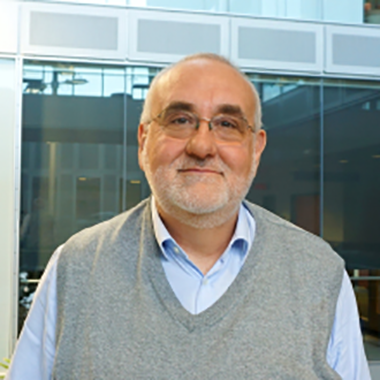
Hope for patients with Huntington's disease
A new gene therapy could slow the progression of Huntington's disease, a neurological disorder that causes physical, cognitive and psychiatric problems. This is good news for people at risk of developing the disease: if one of our parents has Huntington's disease, we have a 50 per cent risk of having the gene mutation that causes it, and if we have this gene, we are certain to develop the disease, says Dr. Massimo Pandolfo, a neurologist at Neuro. CTV News
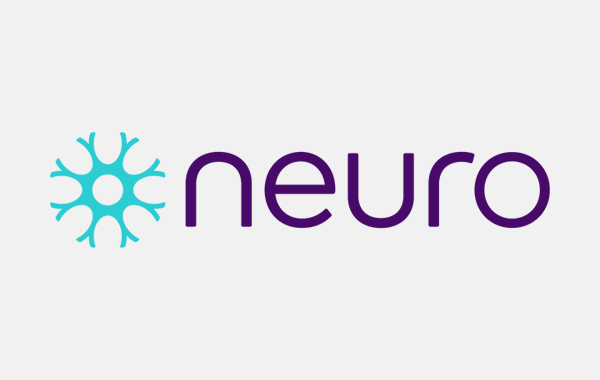
First clinical study on darifenacin at Neuro
Dr. Jean-Pierre Canuel, 65, has been living with ALS for 12 years. He is calling for more funding for research into the disease. A first clinical study on darifenacin is being conducted at the Neuro. This molecule could slow the progression of the disease. The results should be known in about three years. Journal de Montréal
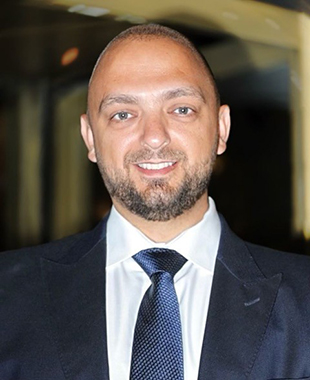
Significant increase in abdominal lipectomies
An abdominal lipectomy is a surgical procedure that aims to remove excess fat and skin from the abdominal area and is increasingly in demand. Dr. Roy Kazan, a plastic surgeon at the McGill University Health Centre (MUHC), explains that the growing popularity of weight-loss medications like Ozempic, along with the increased use of bariatric surgery, is driving the sharp rise in demand for this type of procedure. Journal de Montréal
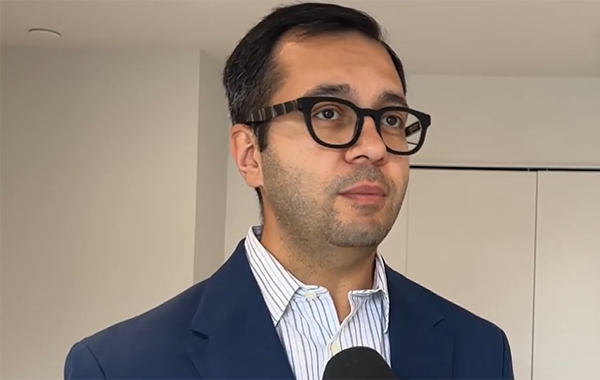
Improving long-term outcomes after chemotherapy treatments
Inspired by growing evidence that regular exercise after cancer can improve long-term outcomes, Dr. Ramy Saleh recently launched a clinical trial at the MUHC focused on improving the quality of life for patients following the completion of chemotherapy. Enrolled patients get three months of free gym membership, with access to an instructor providing personalized training sessions. In parallel, health and quality-of-life assessments are conducted to measure improvements in well-being and physical recovery. CityNews
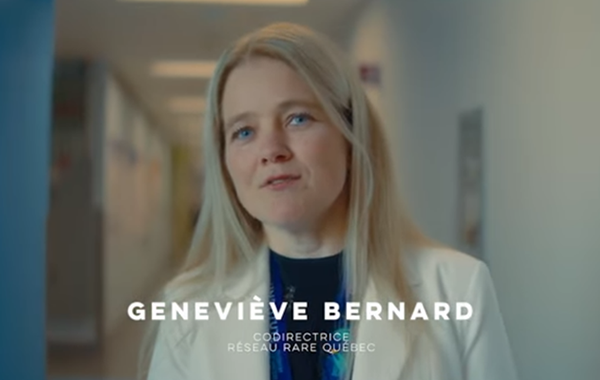
The impact of scientific research in Quebec
A documentary highlights the importance of scientific research conducted in Quebec and the contribution of Rémi Quirion, Quebec's chief scientist, to its development. Among the scientists featured is Dr. Geneviève Bernard, a scientist with the Child Health and Human Development Program at The Institute, a neurologist at the Montreal Children's Hospital, and co-director of the RARE.QC Network of the Fonds de recherche du Québec. Savoir Média
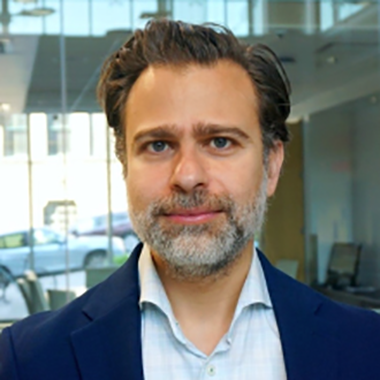
ALS: no single cause found to date
Dr. Rami Massie, a neurologist and specialist in neuromuscular disorders at The Neuro, explains in an article in La Presse that several factors may be responsible for ALS. One form of the disease is genetic, but for other forms, several risk factors are mentioned. It is impossible to determine a clear and single cause for now.
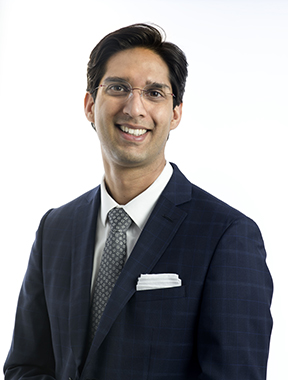
Postponement of residential swimming pool regulations causes concern
The one-year postponement of the implementation of residential swimming pool safety regulations is causing concern among health professionals. Applying the regulation starting June 1, 2026, would prevent many avoidable drownings, says Dr. Hussein Wissanji, a pediatric surgeon at the Montreal Children’s Hospital. Radio-Canada
